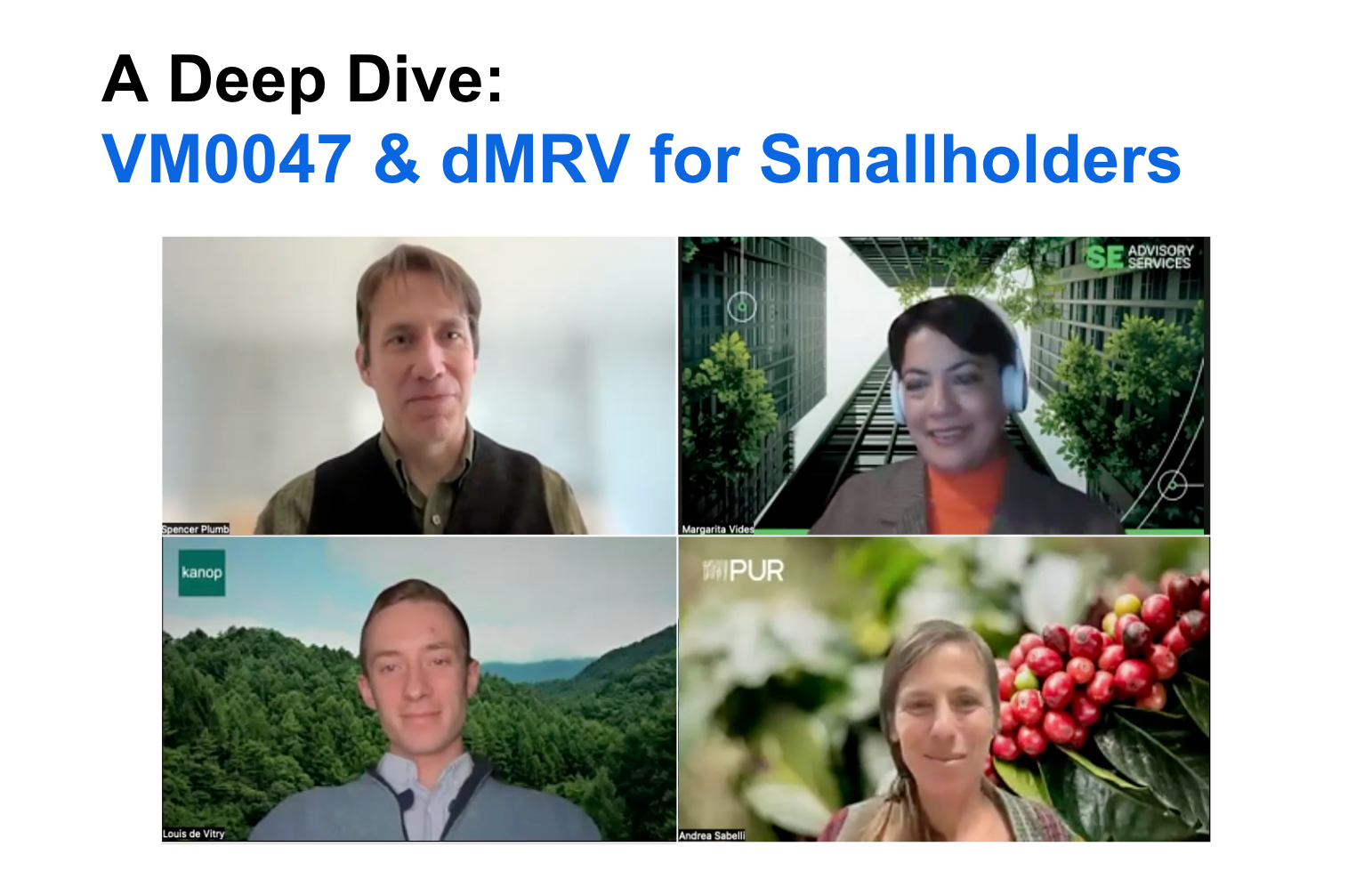
Victor Allory, PhD
Ecosystems & Carbon Engineer

As climate change intensifies, the integrity of carbon credits has become essential in our efforts to mitigate its effects. Enter the ABACUS label—an initiative designed to enhance the quality and credibility of nature-based carbon credits. Developed by a team of leading experts, this label sets new standards for Verified Carbon Units (VCUs) through improved methodologies and rigorous scientific validation. Discover how the ABACUS label is poised to transform carbon markets and advance our global sustainability goals.
As the world grapples with the urgent need to address climate change, innovative solutions that enhance the integrity and effectiveness of carbon credits are more crucial than ever. Enter the ABACUS label, a pioneering initiative designed to elevate the quality and credibility of nature-based carbon dioxide removal credits. Developed by the ABACUS Working Group, this label is set to redefine the standards for Verified Carbon Units (VCUs) by integrating advanced methodologies and rigorous scientific principles.
The ABACUS label is an addition to the Verified Carbon Standard (VCS) Program, focusing on the enhancement of greenhouse gas (GHG) removals quantification procedures for nature-based solutions. It seeks to build public confidence in carbon credits by ensuring that they are backed by robust methods. The label introduces additional requirements that complement existing VCS methodology for afforestation, reforestation, and revegetation (ARR) projects.
To qualify for the ABACUS label, projects must adhere to strict eligibility criteria, including using the latest VCS methodologies and limiting crediting periods to 40 years. The label cannot be applied retroactively, ensuring that all VCUs issued during a verification period meet current standards.
The ABACUS label represents a significant step forward in carbon market innovation. By fostering transparency, scientific rigor, and ecological responsibility, it aims to enhance the credibility and effectiveness of carbon credits. As the first generation of ABACUS-labeled projects begins to operate, their outcomes will provide valuable insights into the potential for ARR activities to contribute meaningfully to climate mitigation.
In a world striving for sustainable development, the ABACUS label offers a promising framework for improving the integrity of nature-based carbon credits. By aligning financial incentives with ecological outcomes, it supports a more sustainable and resilient future for our planet. As stakeholders across the globe look to carbon markets as a tool for climate action, the ABACUS label sets a new standard for what effective and credible carbon offsetting should look like.

